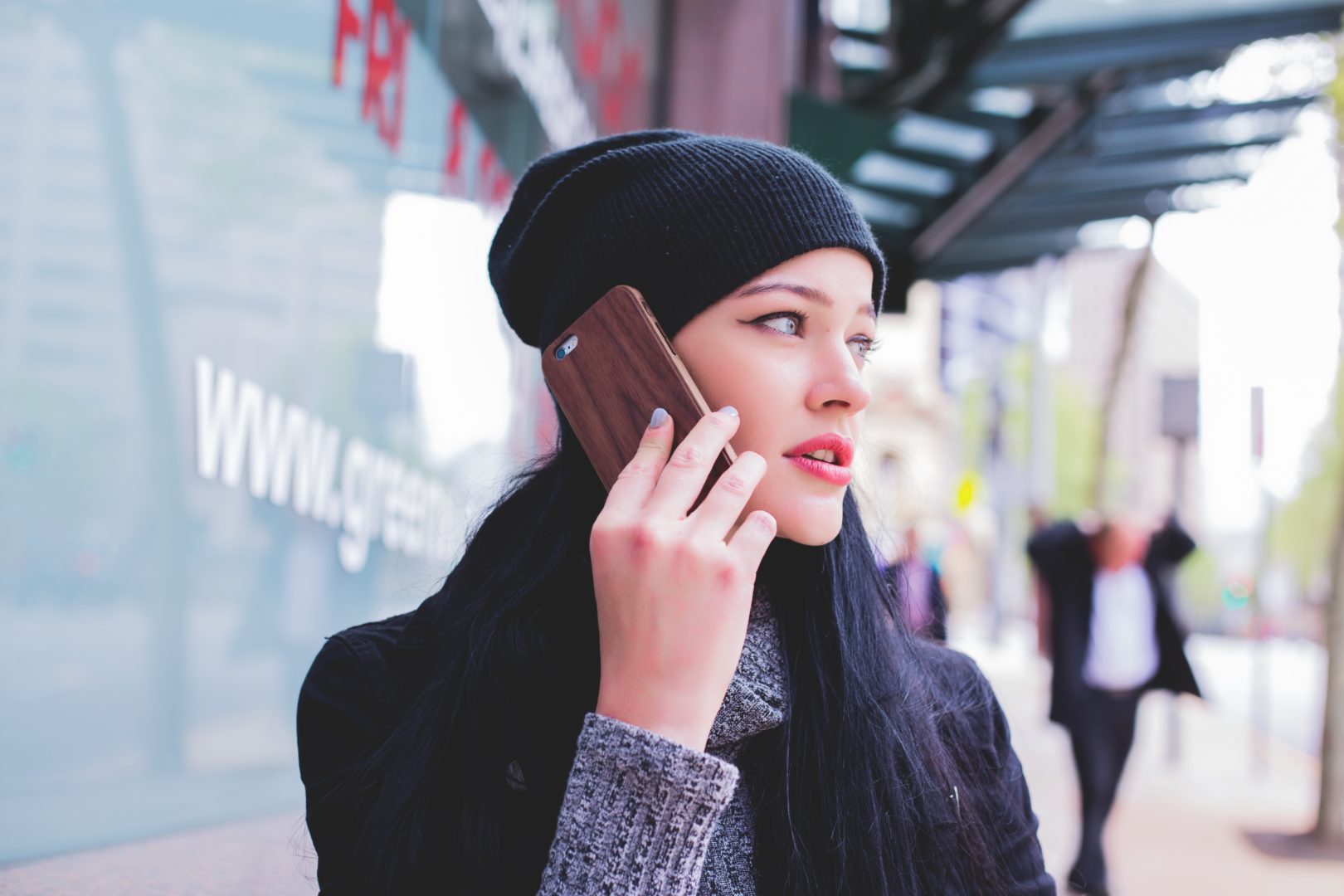It’s common to hear someone say “Can you hear me?” on a phone call, but police are warning the public about a new scam that starts out with this simple, seemingly harmless question.
The “Can You Hear Me” Scam
This phone scam involves fraudsters asking the person who picked up the phone if they can hear them. When they say “yes” the scammers record them. Then, they use that recorded “Yes” to authorize credit card or bill charges, CBS News reports.
The recorded “yes” is typically the last piece of information the fraudsters collect after securing other important information on the victim like addresses, phone numbers, billing information, and credit card numbers. With countless data breaches occurring online every year, it’s easier than ever for scammers to gather information on victims. When people try to dispute the charges, fraudsters will use the recorded “yes” as proof of authorization.
“You say ‘yes,’ it gets recorded, and they say that you have agreed to something,” Susan Grant, director of consumer protection for the Consumer Federation of America explains. “I know that people think it’s impolite to hang up, but it’s a good strategy.”
While police in Virginia are warning residents about the scam, the same fraud worked its way through Pennsylvania late last year.
Experts say that if you receive a call from a number you don’t know, and that’s the first question — hang up the call right away. They also note that scammers are using various questions that would prompt the person on the other end to say yes. “Are you the homeowner” or “do you pay the bills” or “are you the lady of the house” are also common questions fraudsters use for these types of scams.
What to Do If You Get This Call
Investigators urge people who received suspicious calls to hang up right away.
If the caller ever says they’re with a government agency (Social Security, IRS, DMV) you should immediately end the call. Government employees never call people directly and instead send communication through the mail.
If you’ve received a call that could have been part of the scam, police recommend that you keep close tabs on your credit card statements and bills.
If you notice an incorrect payment, dispute the charges with the billing agency immediately. Contact the Federal Trade Commission if you need additional help disputing an unauthorized credit card charge.





